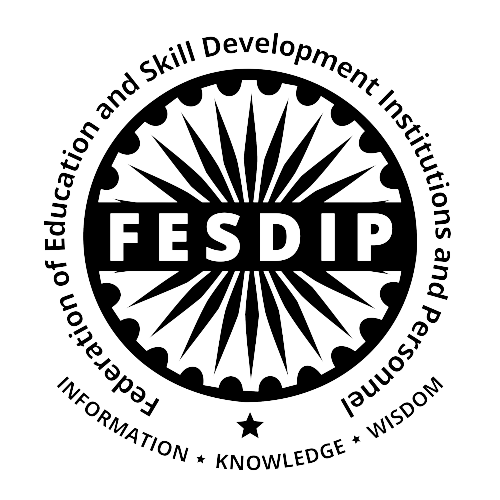
Secretariat
The Secretariat is the FESDIP’s executive arm. The Secretariat carries out the substantive and administrative work of the FESDIP as directed by the Board of Advisors constituted by the Founder or its representatives. At its head is the Secretary-General, who provides overall administrative guidance.
The main functions of the Secretariat are:
- To gather and prepare background information on various issues so that the Board of Advisors can study the facts and make recommendations
- To help carry out the decisions made by the Board of Advisors of the FESDIP
- To administer operations initiated by FESDIP's deliberative and decision-making organs such as Councils, Regional Chapters, Special Purpose Missions, Accreditation and Affiliation Boards
- To set agendas for FESDIP Organs and support in the implementation of the decision of these bodies
- To conduct surveys and research and publish research papers and other knowledge creation elements
- To organize international conferences, summits, discussions and plan international delegations
- To establish communication with government as well as non-state actors such as media and non-government organizations, and is responsible for publishing all of the treaties including national and international agreements
- To keep the public informed about the work of the FESDIP. Under the Charter, each Member undertakes to respect the exclusively international character of the responsibilities of the Secretary-General and the staff and to refrain from seeking to influence them improperly in the discharge of their duties.
The FESDIP, while headquartered in Gurgaon, maintains a significant presence over world wide web and ensure establishment of offices in at least 12 states/ union territories by 2025 and international offices in 5 nations by 2030.
Secretary-General
The Secretary-General, who is appointed by the Board of Advisors, is the head of the secretariat. The Secretary-General’s duties include administering operations of FESDIP’s deliberative and decision making organs such as Councils, Regional Chapters, Special Purpose Missions, Accreditation and Affiliation Boards.
Besides this, through an Assistant Secretary General/ Under Secretary General or through a team of high skilled professionals, SG has to set dialogues with international bodies, organize international conferences, gathering information on the developments in the sector, implementation of decisions, and consulting with FESDIP organs regarding various initiatives. The Secretary-General may bring to the attention of the advisory board or any other board/ council constituted by founding members, any matter that, in his or her opinion, may have relevance for the better functionality of the FESDIP or fulfills the cause to be served by the FESDIP.
Besides this, through an Assistant Secretary General/ Under Secretary General or through a team of high skilled professionals, SG has to set dialogues with international bodies, organize international conferences, gathering information on the developments in the sector, implementation of decisions, and consulting with FESDIP organs regarding various initiatives. The Secretary-General may bring to the attention of the advisory board or any other board/ council constituted by founding members, any matter that, in his or her opinion, may have relevance for the better functionality of the FESDIP or fulfills the cause to be served by the FESDIP.


